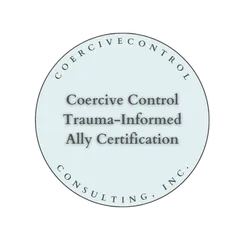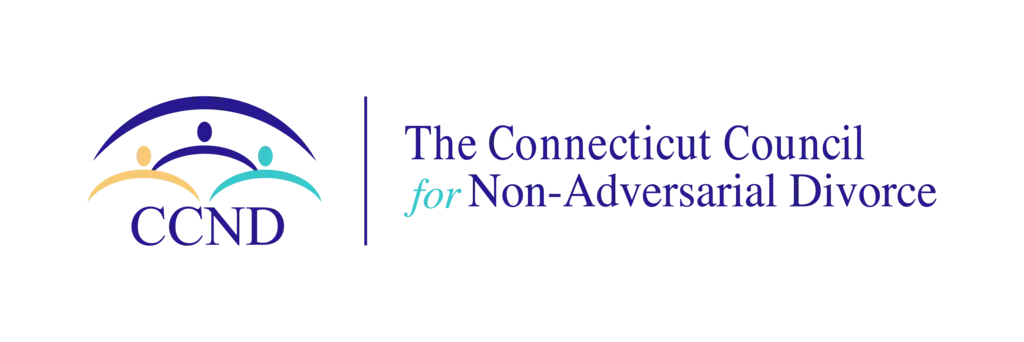Quick Contact
Please fill out the form below and our attorney will contact you.
Office Locations
Testimonials
Ratings & Reviews
- posted: Dec. 20, 2023
The process of divorce can be emotionally draining, tumultuous, and challenging for all parties involved. Amidst the whirlwind of feelings, some couples may find it beneficial to engage in a physical separation during the mediation or collaborative divorce process.
Note that this type of separation is distinct from a legal separation, which necessitates a comprehensive written agreement detailing each spouse's rights, responsibilities, and culminating in a formal judgment for legal separation.
In contrast, a physical separation primarily focuses on creating a conducive environment for emotional well-being by allowing couples to live apart and reduce the tension associated with cohabiting during the divorce process. It's an interim arrangement to facilitate smoother negotiations and decisions without the immediate formality of legal procedures.
Embracing physical separation necessitates establishing clear guidelines and expectations to ensure a harmonious transition and address the multifaceted challenges that arise:
1. **Co-parenting**: Agreeing on a co-parenting plan is paramount to ensure stability and consistency for the children. This includes parenting schedules, decision-making protocols, and strategies to foster a collaborative parenting approach.
2. **Division of Household Responsibilities**: Clearly delineating responsibilities associated with children, pets, and household chores prevents ambiguity and potential conflicts. This ensures that both parties remain accountable and that essential tasks are efficiently managed.
3. **Financial Responsibilities**: Addressing financial obligations for both residences is pivotal. This encompasses mortgage/rent payments, utilities, children's expenses, and other associated costs. Establishing a transparent financial framework minimizes disputes and fosters financial stability during the transition.
While some couples may navigate these discussions independently, others might benefit from the guidance of neutral mental health professionals or a trained mediator. These professionals offer valuable insights, facilitate constructive dialogue, and ensure that both parties' perspectives are heard and respected. Their expertise can bridge communication gaps, mitigate potential conflicts, and foster collaborative decision-making.
Embarking on a physical separation during the mediation or collaborative divorce process can be a instrumental in mitigating emotional turmoil and fostering a conducive environment for constructive negotiations. By setting forth clear guidelines, aligning expectations, and leveraging the expertise of neutral professionals when needed, couples can navigate this transitional phase with greater resilience, paving the way for a successful restructuring of the family unit and a more harmonious future.












